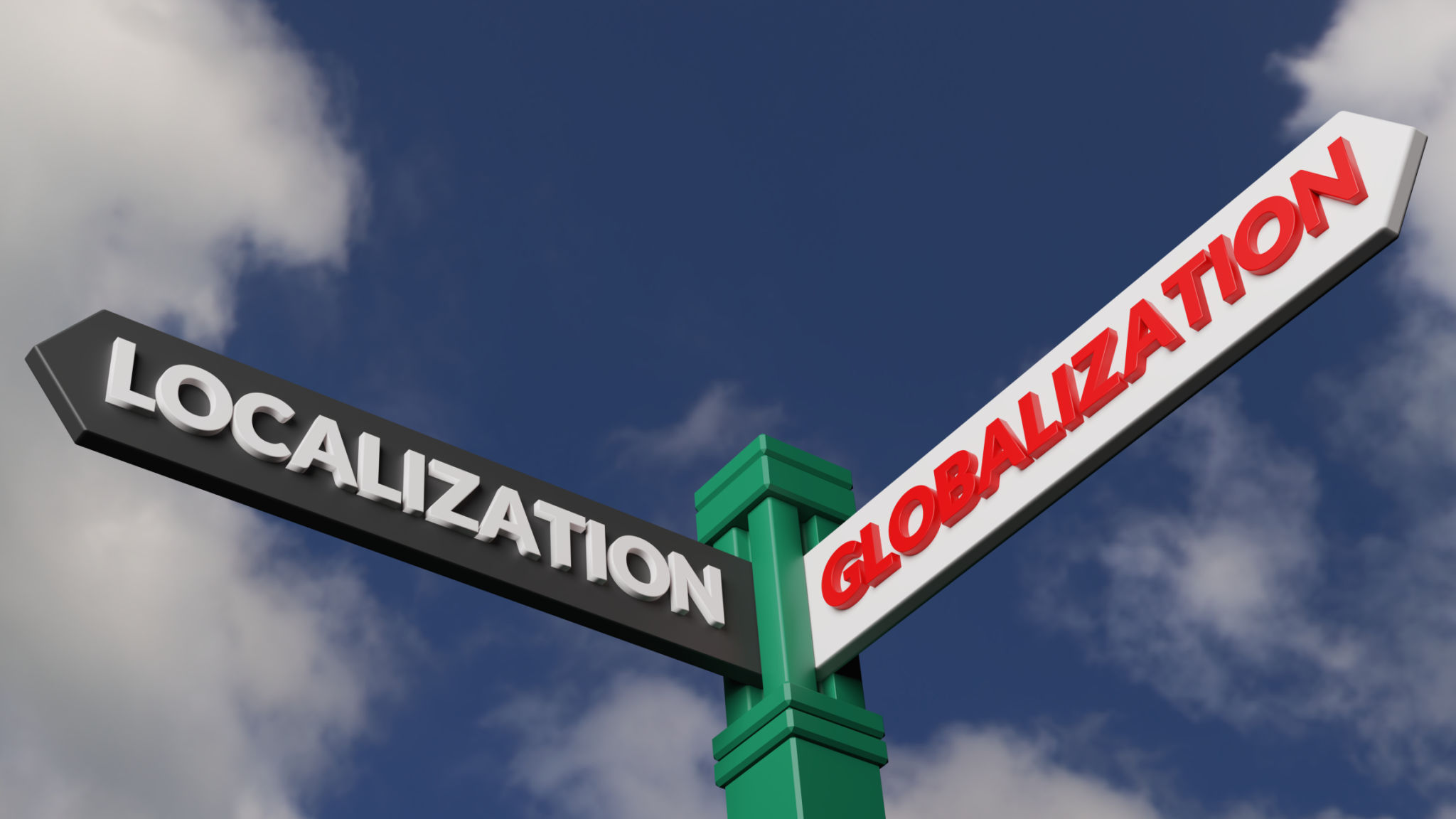How to Choose the Right Localization Partner for Your Business
Understanding Your Localization Needs
Before diving into the process of choosing a localization partner, it is crucial to have a clear understanding of your business needs. Localization goes beyond simple translation and involves adapting your content to fit the cultural and linguistic nuances of your target market. This includes everything from language and dialect to cultural references, humor, and even legal requirements.
Start by assessing the scope of your localization project. Are you looking to localize your website, software, marketing materials, or product documentation? The complexity and scale of your project will significantly influence your choice of a partner. Having a detailed list of your requirements will help you communicate effectively with potential partners.

Evaluating Potential Partners
Experience and Expertise
When evaluating potential localization partners, consider their experience and expertise in your specific industry. An experienced partner will have a proven track record and a portfolio showcasing their work. They should also have a deep understanding of the cultural and linguistic nuances of your target market.
Ask potential partners about their previous projects and request case studies or references. This will give you an insight into their capabilities and whether they can meet your specific needs. Don't hesitate to reach out to their previous clients for feedback on their experience.
Technology and Tools
The right technology can significantly streamline the localization process, improving both efficiency and accuracy. Check if potential partners utilize advanced tools such as Translation Memory (TM), Machine Translation (MT), or Computer-Assisted Translation (CAT) tools. These technologies can help reduce costs, maintain consistency, and speed up the process.
Additionally, inquire about their Quality Assurance (QA) processes. A robust QA process ensures that the localized content is accurate, culturally relevant, and free from errors.

Assessing Communication and Support
Effective communication is key to a successful localization project. Ensure that the partner you choose is responsive and capable of understanding your requirements clearly. They should be able to provide regular updates and be open to feedback throughout the project.
Also, consider the level of support they offer post-project completion. A reliable partner will provide ongoing support to address any issues or updates needed after the initial localization is complete.
Cost Considerations
While cost is a significant factor in choosing a localization partner, it should not be the sole determinant. It's important to find a balance between quality and cost-effectiveness. Request detailed quotes from potential partners and compare them based on the scope of services they offer.
Be wary of any offers that seem too good to be true. Extremely low costs may indicate a compromise in quality or hidden fees down the line. Choose a partner who provides transparent pricing with no hidden surprises.

Making the Final Decision
After evaluating all these factors, compile all your findings to make an informed decision. Consider creating a weighted scoring system to objectively compare each partner based on your criteria.
Ultimately, the right localization partner should align with your business goals, understand your specific needs, and have the capability to deliver high-quality localized content that resonates with your target audience. By taking the time to choose wisely, you set your business up for success in new markets.
